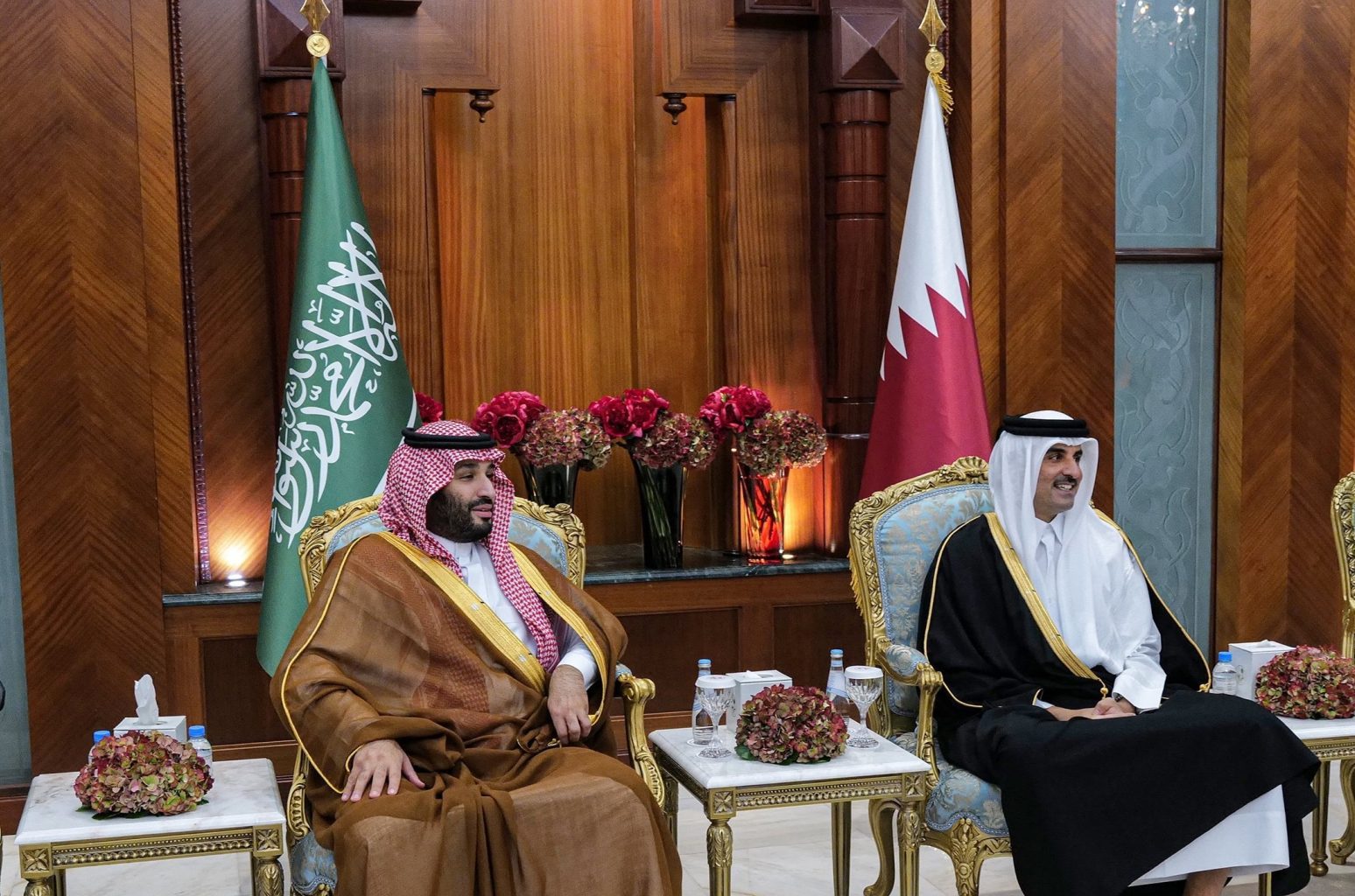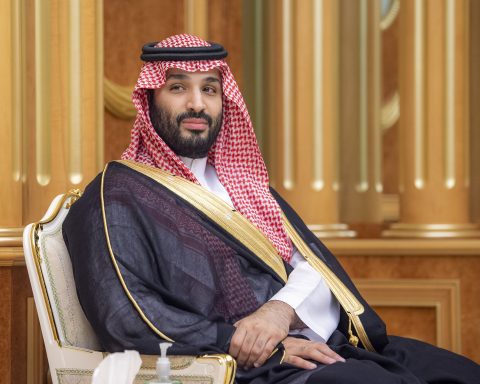Qatar and Saudi Arabia have suspended their efforts at the World Trade Organization (WTO) to settle a dispute over alleged piracy of content produced by the Doha-based sports and entertainment channel beIN.
According to notices released by the WTO on Friday, the two nations informed the WTO that they were “mutually” postponing their remaining demands before its dispute settlement body.
Saudi Arabia has filed an appeal against a WTO panel’s ruling in 2020 that Riyadh had violated international intellectual property regulations by neglecting to pursue beoutQ, the commercial-scale station that broadcasts unauthorized content.
After Doha submitted a complaint in 2018, alleging that Saudi Arabia was banning Qatari-owned broadcaster beIN from broadcasting in the kingdom and failed to take meaningful action against suspected beIN content piracy by beoutQ, the WTO announced its judgment.
BeIN was prohibited in Saudi Arabia beginning in 2017 as part of a diplomatic, travel, and commercial blockade imposed on Qatar by Riyadh and its allies. Qatar has refuted the allegations, claiming that the embargo is aimed at undermining its sovereignty.
Many of the world’s most lucrative athletic events and entertainment, including the Premier League and FIFA, are broadcast across the Middle East by Qatar’s beIN.
According to notifications released by the WTO on Friday, Saudi Arabia dropped its appeal of the WTO’s conclusions, while Qatar halted a request for the organization to formally accept them.
“Qatar agreed to the proposed suspension of the appellate proceedings pursuant to the terms of Al-Ula Declaration,” Qatar’s notice said, adding that it was a “mutually agreed suspension.”
Qatar promised to end all legal challenges related to the issue as part of the Al-Ula agreement.
Riyadh removed the ban on beIN in October of last year, however unauthorized broadcasts had restarted in Saudi Arabia immediately after the Al-Ula Accords were reached.
Separate from the WTO suit, Qatar initiated a $1 billion investment arbitration against Saudi Arabia for claimed piracy in 2018. Since the Al-Ula agreements were inked, the arbitration has stalled.













